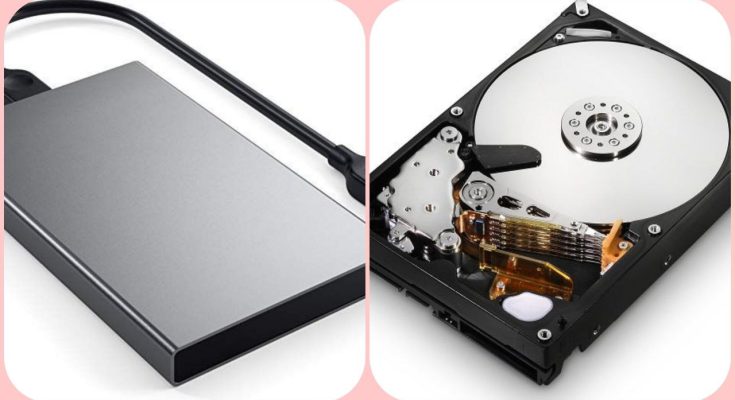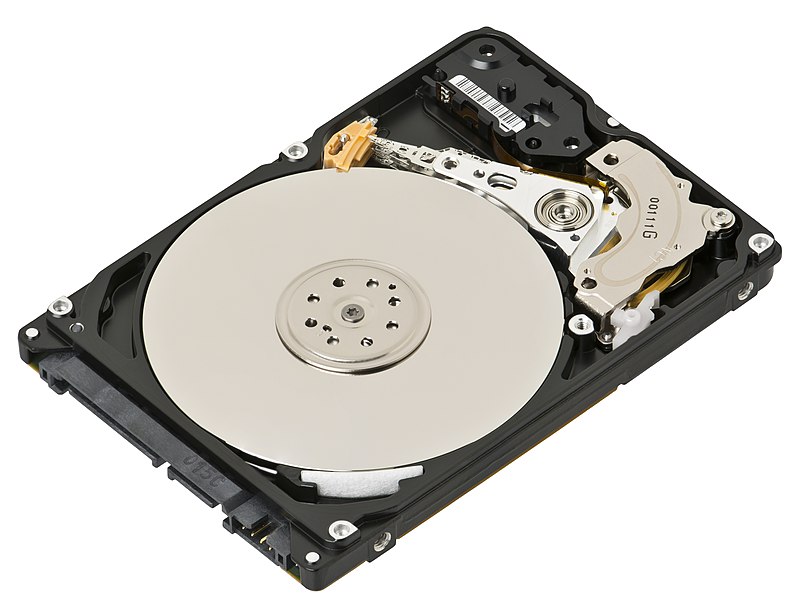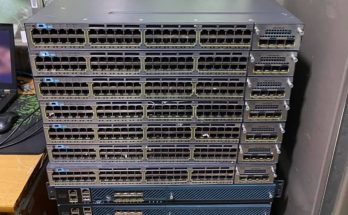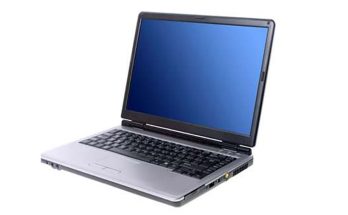Introduction
Your computer’s hard disk drive (HDD) is a critical component that stores all your data, from the operating system to personal files. Keeping your hard disk healthy is essential for ensuring the longevity and performance of your computer. With regular maintenance and proper care, you can prevent data loss and extend the lifespan of your drive. In this guide, we’ll cover various types of hard disks and the health tips you need to know to keep them running smoothly.
1. Understanding Different Types of Hard Disks
Before diving into health tips, it’s important to understand the different types of hard disks available:
- Traditional Hard Disk Drive (HDD): These are mechanical drives that store data on spinning disks (platters). HDDs are known for their large storage capacities at relatively low costs, but they are prone to mechanical wear and tear.
- Solid-State Drive (SSD): SSDs use flash memory to store data, offering faster read and write speeds than HDDs. They have no moving parts, making them more durable, but they tend to be more expensive per gigabyte of storage.
- Hybrid Drive (SSHD): A combination of HDD and SSD, hybrid drives offer a balance between speed and storage capacity. They store frequently accessed data on the SSD portion for faster access, while less frequently used data remains on the HDD.
- External Hard Drives: These can be either HDDs or SSDs that connect to your computer via USB or other ports. They are used for additional storage or backup and are portable.
2. General Hard Disk Health Tips
Regardless of the type of hard disk you have, there are some general maintenance tips that apply to all:
- Regular Backups: Always back up important data regularly. In the event of a drive failure, having a backup can save you from data loss. Use external drives, cloud storage, or a dedicated backup service.
- Avoid Physical Shock: Hard disks, especially HDDs, are sensitive to physical impacts. Avoid dropping or bumping your computer or external drives, as this can cause mechanical damage or data corruption.
- Monitor Disk Health: Use software tools to monitor your disk’s health. Programs like CrystalDiskInfo or HDDScan can provide insights into your drive’s condition, including temperature, read/write errors, and overall health status.
- Defragment Your HDD: If you have a traditional HDD, regularly defragment it to organize fragmented data. This improves access speed and overall performance. Note that defragmentation is not necessary for SSDs.
- Keep Your System Cool: Overheating can damage your hard disk. Ensure your computer has proper ventilation and consider using cooling pads or external fans for laptops.
- Use a Surge Protector: Electrical surges can cause data corruption or damage to your hard disk. Protect your system by using a surge protector or uninterruptible power supply (UPS).
- Keep Your System Updated: Ensure your operating system and drivers are up to date. Updates often include fixes and improvements that can enhance disk performance and security.
3. Health Tips for HDDs
HDDs are particularly vulnerable to mechanical issues due to their moving parts. Here are specific tips to keep them in good shape:
- Run Disk Cleanup: Over time, your HDD can accumulate unnecessary files, such as temporary files and system cache. Use the built-in Disk Cleanup tool in Windows or similar software to free up space and improve performance.
- Listen for Unusual Noises: HDDs can start making clicking, grinding, or whirring noises when they are failing. If you hear any unusual sounds, back up your data immediately and consider replacing the drive.
- Check for Bad Sectors: Bad sectors are areas of the disk that have become unreadable. Use tools like CHKDSK (Check Disk) on Windows to scan for and attempt to repair bad sectors.
- Minimize Write Cycles: HDDs can wear out over time with excessive read/write operations. Avoid unnecessary operations that involve writing large amounts of data repeatedly.
4. Health Tips for SSDs
SSDs, while more durable than HDDs, require their own set of care practices:
- Enable TRIM: TRIM is a command that helps SSDs manage unused data blocks, improving efficiency and prolonging the drive’s lifespan. Ensure TRIM is enabled in your operating system.
- Avoid Full Capacity: SSDs perform better and last longer when they have free space available. Try to keep at least 20-30% of your SSD’s capacity free.
- Disable Disk Defragmentation: Unlike HDDs, SSDs do not benefit from defragmentation. In fact, it can reduce their lifespan. Ensure that your operating system does not automatically defragment your SSD.
- Limit Write Operations: SSDs have a limited number of write cycles. Avoid using your SSD for tasks that involve excessive writing, such as running virtual machines or using it as a scratch disk for video editing.
5. Health Tips for Hybrid Drives (SSHDs)
Hybrid drives combine the benefits of HDDs and SSDs, but they also require proper care:
- Optimize Storage: Ensure that frequently accessed programs and files are stored on the SSD portion of the drive. Most SSHDs automatically manage this, but some manual optimization may be needed.
- Regularly Monitor Drive Health: Use the same monitoring tools recommended for HDDs and SSDs to keep an eye on both portions of the hybrid drive.
- Avoid Fragmentation: Since SSHDs contain an HDD component, regular defragmentation can help maintain performance. However, ensure that the SSD portion is not included in the defragmentation process.
6. Health Tips for External Hard Drives
External drives are portable and often used for backups, but they need special care:
- Safely Eject Before Removal: Always use the “Safely Remove Hardware” feature before unplugging an external drive. This prevents data corruption and ensures all write operations are complete.
- Protect from Physical Damage: External drives are more susceptible to physical damage due to their portable nature. Store them in protective cases and avoid exposing them to extreme temperatures.
- Regular Backups: If you’re using an external drive as a primary backup, make sure to have an additional backup elsewhere to protect against drive failure or loss.
Conclusion
Maintaining the health of your hard disk, whether it’s an HDD, SSD, SSHD, or external drive, is crucial for ensuring the longevity and reliability of your data storage. By following the tips outlined in this guide, you can prevent common issues, enhance performance, and protect your valuable data from loss. Regular monitoring, proper maintenance, and mindful usage are key to keeping your hard disks in optimal condition, allowing you to enjoy a seamless computing experience.





